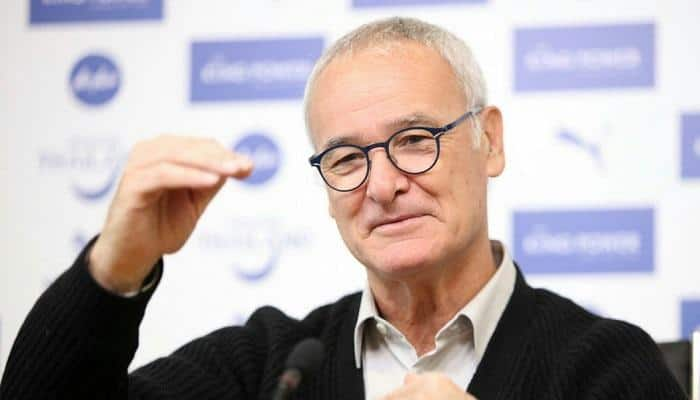India-Pakistan relations: Few steps forward and more backward
Despite concerted efforts by Prime Minister Narendra Modi in the first two years of his tenure, the bilateral ties between India and Pakistan reached to lowest levels in the year 2016.
Despite concerted efforts by Prime Minister Narendra Modi in the first two years of his tenure, the bilateral ties between India and Pakistan reached to lowest levels in the year 2016.
PM Modi extends olive branch to Pakistan
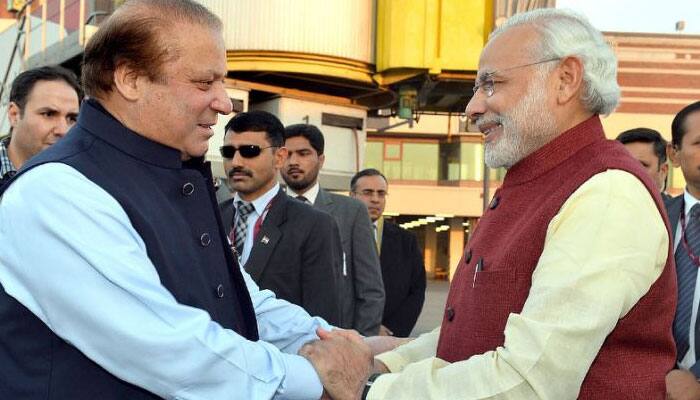
After coming to power, PM Modi had taken an initiative to maintain cordial relationship between the two nuclear-powered nations by inviting SAARC heads including Pakistan Prime Minister Nawaz Sharif. The move indicated his government’s priority to engage with India’s immediate neighbours, especially Pakistan, by leaving behind the bitterness of past.
Seen by many as a hardboiled- nationalist leader from the RSS stable, PM Modi invested considerable energy and capital in engaging Pakistan during his first two years in office. Among notable things, he invited his Pakistani counterpart, Nawaz Sharif, to his inauguration ceremony in 2014, and last year visited latter’s home in Pakistan on an unscheduled stopover.
However, the initial warmth in the Indo-Pakistan ties vanished soon due to Islamabad’s continued support to terror groups, its refusal to assist in 26/11 probe, its backing to separatists in J&K and its role in attack on Indian Air Force Base in Pathankot, followed by a series of deadly attacks targeting Army camp in Uri, Baramulla and Nagrota etc.
Pakistan betrays India with Pathankot, Uri attacks
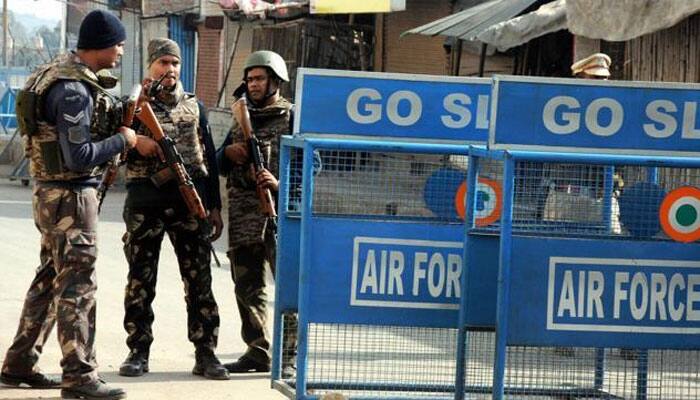
Several incidents of ceasefire violations by the Pakistani troops and its alleged inhuman treatment of martyred Indian soldiers dealt a further blow to peace attempts.
The Indian Army hit back with force. In one of its most daring operations ever, conducted surgical strikes on the intervening night of September 28-29 along the Line of Control in Pakistan-Occupied Kashmir and destroyed several terror launch pads.
The unprecedented and massive strike by the elite para-commandos also neutralized a large number of Pakistan-trained terrorists waiting to infiltrate into the Indian side at an opportune time.
The surgical strike by the Indian Army, which broke new ground in counter-terrorism operations, was widely welcomed as a justified response to the Pathankot and September 18 attack at Uri in which 19 Indian soldiers were killed.
Indian Army hits back, conducts surgical strikes along LoC
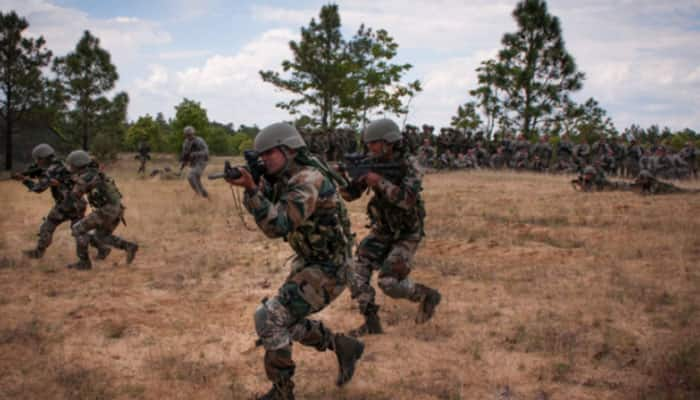
Surgical strikes by Indian Army also signaled a turnaround in India’s traditional policy of “strategic restraint” towards Pakistan. After initially extending an olive branch to Islamabad, the Narendra Modi government had begun to harden its stand since July, when Pakistan tried to gain diplomatic and political mileage out of popular unrest in Kashmir.
In yet another warning to Islamabad, PM Modi raised Pakistani human rights abuses in Balochistan, Gilgit and PoK and extended his open support to the Baloch leaders’ struggle against an oppressive Pakistani regime in his annual Independence Day speech made on August 15 from the ramparts of Red Fort.
The Uri attack in September strained bilateral ties further and hardened the Indian resolve.
In his reaction to the Uri attack, PM Modi gave a firm but measured response and made a point to distinguish between Pakistan’s people and its leadership. External Affairs Minister Sushma Swaraj followed up with a sharp speech at the United Nations, which framed Pakistan-based terrorism as a global challenge – drawing parallels between recent terror attacks in New York, Brussels, Kabul and Dhaka.
India exposes Pakistan at UN
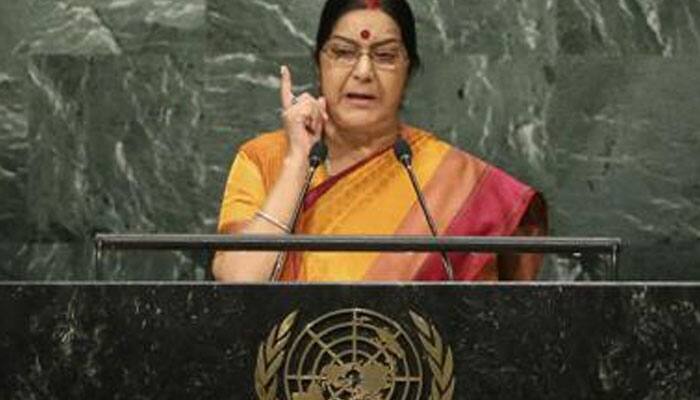
EAM Swaraj also highlighted the incidents of Pakistani human rights abuses in Balochistan and Gilgit. In a major diplomatic victory for India, the US exerted more pressure on Pakistan and asked it to rein in terror operators on its soil.
Saudi Arabia and other Gulf Arab states broke from past precedence and unequivocally condemned the dastardly terror attacks in Uri. Later, Bhutan, Afghanistan, Sri Lanka, Nepal and Bangladesh joined India in boycotting the South Asian Association of Regional Cooperation (SAARC) summit, which was scheduled to be held in Pakistan in November.
However, China continued to back Islamabad while Russia staged military exercises in Pakistan, much to the chagrin of its close defence partner India. Pakistan has been emboldened by unprecedented levels of economic and political support from China. The massive increase in Chinese investment in Pakistan as part of its “One Belt, One Road” initiative and a greater degree of political support from Beijing implies that Islamabad may not pay much heed to growing international pressure to abandon its support for terrorism.





